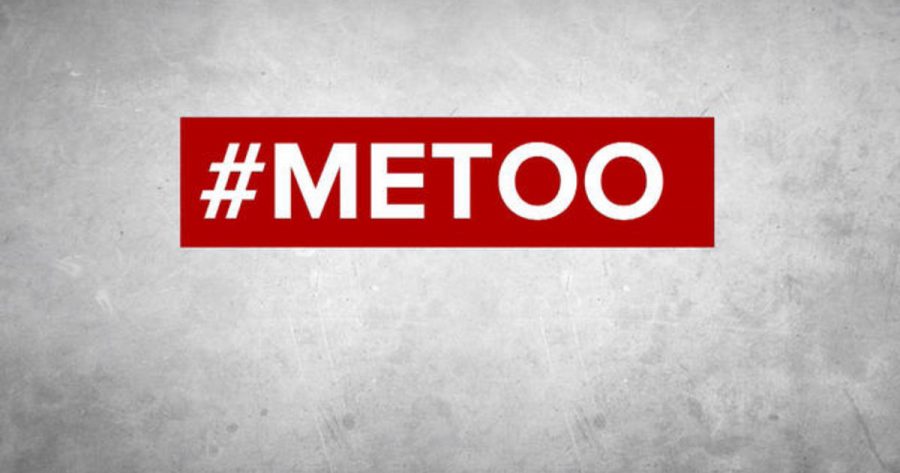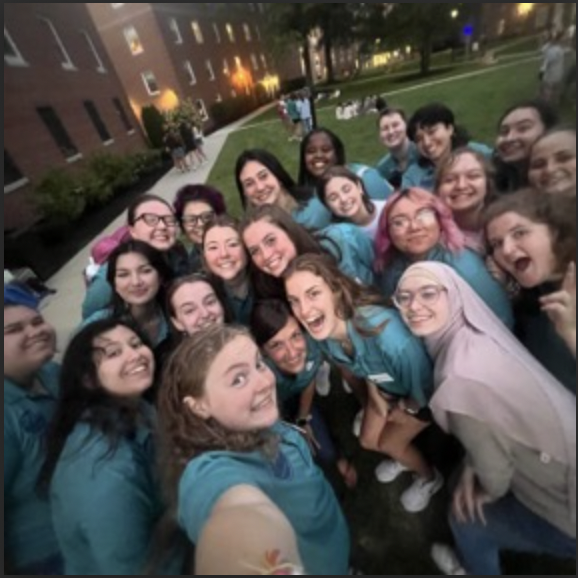Almost since the invention of vaccines, there have been people decrying their purpose. Many distrust them for everything from being ineffective, supposedly increasing autism, or seeming unsafe.
Many scientific and peer-reviewed studies have debunked the myths perpetuated by the so-called anti-vaccinators. The results of proper vaccination are clearly beneficial.
To see clearly the effectiveness of vaccines, let’s look at polio. The National Science Foundation writes that before vaccines, polio would paralyze 10,000 children each year. For instance, polio paralyzed President Franklin D. Roosevelt in 1921.
The first successful vaccine was created by Jonas Salk and tested in 1952. It was licensed in 1962.
In 1988, there were an estimated 350,000 cases of polio. By 2012, there were just 223, according for the Centers for Disease Control.
Currently, polio is primarily found in infants too young (fewer than six months old) to receive the full dosage of the vaccine on in adults whose vaccine has worn off.
Those who advocate against vaccines can actually increase the number of cases. Even without demonstrating symptoms, the unvaccinated can be carriers and infect other unvaccinated people or people with weakening dosages of the vaccine.
Measles (now commonly vaccinated with along with mumps and rubella) is untreatable and highly contagious. However, measles is preventable with two doses of the vaccine.
The measles vaccine has been in use since the 1960s. According to the Journal of Infectious Diseases, there was an average of 542,000 reported cases of measles per year in the United States. By the early 1990s, there were about 55,000 reported cases. By 2000, measles was practically eradicated in the U.S. (60 cases). The article cited a World Health Organization (WHO) estimate that 4.5 million children would die annually with the absence of the measles vaccination.
Recently, measles has made a resurgence in many major cities as vaccination rates dropped. It was on track to infect three times as many people in 2014 as it did in 2009.
Pertussis, also known as whooping cough, is also making a comeback. Almost 8,000 cases have been reported to California’s Public Health Department.
“USA Today” reported in 2013, California had the largest number of unprotected kindergartners not vaccinated for their parents’ philosophical reasons: 14,921.
Several celebrities, such as Kristin Cavallari, Jenny McCarthy, and Rob Schneider (who was fired as spokesperson for State Farm after his comments), have touted anti-vaccination.
Jenny McCarthy believes that vaccines cause autism, though numerous studies have disproved that conjecture.
Only one scientific paper has ever associated autism with vaccination, “Lancet,” in 1998. Later the article was withdrawn with suspicions of scientific fraud and was discredited later.
Fortunately, only less than one percent of Americans forgo all vaccinations, according to CDC director of immunizations and respiratory dies Anne Schuchat.
One of the most worrisome causes of anti-vaccination is the increasing exemptions. Forty-eight states have exemptions for religious reasons. Nineteen have exemptions for “philosophical reasons,” according to the National Conference of State Legislatures. Philosophical exemption indicates that the statutory language does not restrict the exemption to purely religious or spiritual beliefs. For example, Maine allows restrictions based on “moral, philosophical, or other personal beliefs,” and California allows objections based on simply the parents’ beliefs.
While parents should have the right to determine what medical treatment their child receives, by not vaccination, they are putting their child and all people at risk for devastating diseases.
For college-aged persons, check with your health care provider to see if you should get booster shots (such as for measles). The tetanus, diphtheria, and pertussis (Tdap) vaccine is recommended every ten years. If you are planning to travel, check about meningitis and hepatitis A and B (among other vaccines for your region, which can be found at cdc.gov/travel).


















